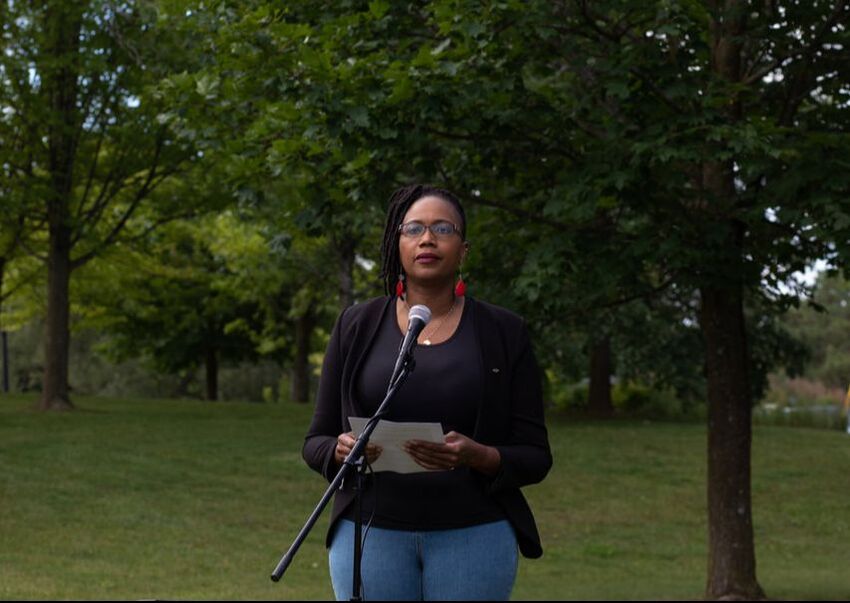Preserving our Culture and History, One Story at a Time | naccacommunity.ca |
© 2024 Newmarket African Caribbean Canadian Association
© 2024 Newmarket African Caribbean Canadian Association
| Privacy and Confidentiality Policy | |
| File Size: | 163 kb |
| File Type: | |


 RSS Feed
RSS Feed